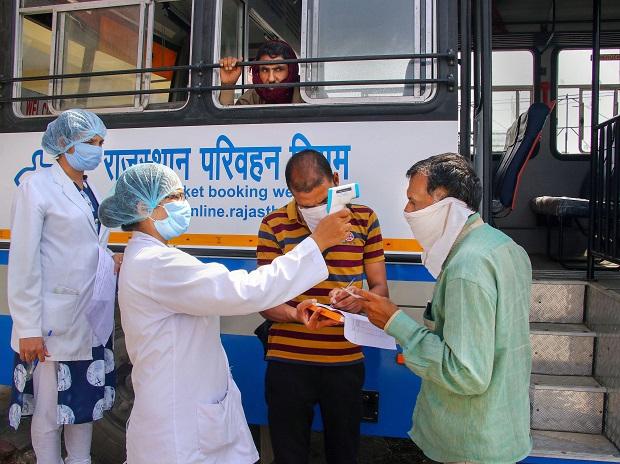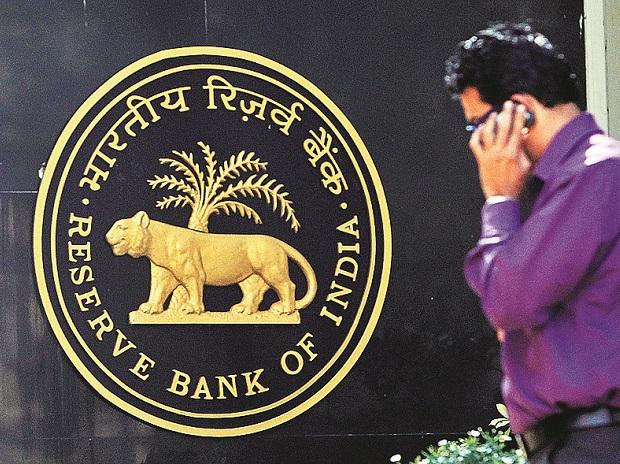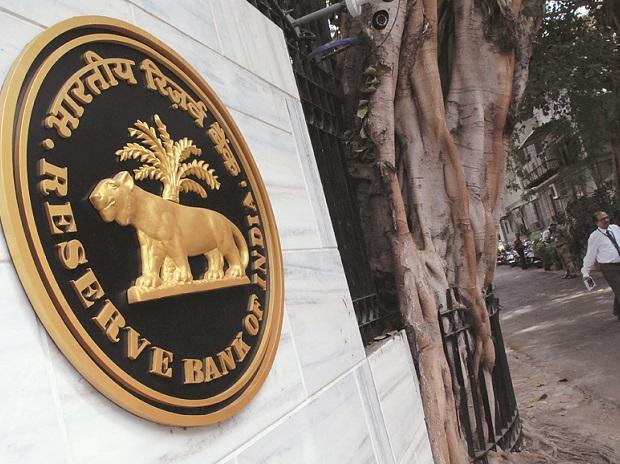India coronavirus dispatch: The human body's immune response to the virus

Here is a round-up of articles from Indian news publications on how the country is dealing with the Covid-19 pandemic . From India’s first recession that is not driven by agri sectors, to missing-in-action Parliament, and why a study suggests blood cancer patients usually survive Covid — read these and more in today’s India dispatch. This will be India’s first recession driven by non-agri sectors: India’s economy is now set to lose 10 per cent of its gross domestic product (GDP), thanks to the after-effects of Covid-19. Eight states in India contribute to more than 50 per cent of its GDP. Within these eight states, almost 42 per cent of the state GDP is driven by areas that are now considered red zones. How is it going to play out, and what is India’s overall economic prospect looking? Read this interview with D K Joshi, chief economist of the rating agency CRISIL. Read More


